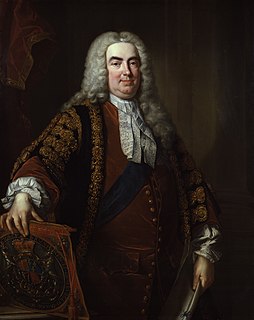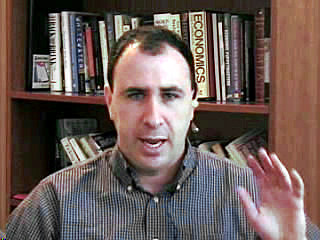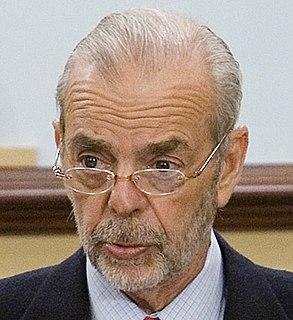A Quote by Robert Walpole
I can not, therefore, see how this can be imputed as a crime, or how any of the king's ministers can be blamed for his doing what the public has no concern in; for if the public be well and faithfully served it has no business to ask by whom.
Related Quotes
Because many people remembered a time when the Republican Party was not so extreme, and hadn't full grasped how much it had changed, people blamed Obama for his failure to get Republicans to agree with him. That blame coloured so much of how the public saw Obama during his presidency. The public thought he was dealing with a brand of Republican leader that just didn't exist any more.
It is not necessary for the politician to be the slave of the public's group prejudices, if he can learn how to mold the mind of the voters in conformity with his own ideas of public welfare and public service. The important thing for the statesman of our age is not so much to know how to please the public, but to know how to sway the public. Those who manipulate this unseen mechanism of society constitute an invisible government which is the true ruling power of our country.
All buildings, large or small, public or private, have a public face, a facade; they therefore, without exception, have a positive or negative effect on the quality of the public realm, enriching or impoverishing it in a lasting and radical manner. The architecture of the city and public space is a matter of common concern to the same degree as laws and language—they are the foundation of civility and civilisation.
I feel like if you know any women who's an essayist or a writer or a public speaker or just a public person, and they have any presence at all in any kind of social media, or any place where men can voice at them, you have to be pretty amazed at the level of special provocation and sort of violent speech and misogyny that comes at them. Any woman that's really in the public sphere has experienced this. It's kind of shocking how universal it is.
If an earthly king was to issue out a royal proclamation, on performing or not performing the conditions therein contained, the life or death of his subjects entirely depended, how solicitous would they be to hear what those conditions were? And shall not we pay the same respect to the King of kings and Lord of lords and lend an attentive ear to his ministers, when they are declaring, in his name, how our pardon, peace, and happiness may be secured?
It ought to concern every person, because it is a debasement of our common humanity. It ought to concern every community, because it tears at our social fabric. It ought to concern every business, because it distorts markets. It ought to concern every nation, because it endangers public health and fuels violence and organized crime. I’m talking about the injustice, the outrage, of human trafficking, which must be called by its true name - modern slavery.
I think polling is the best way of gauging public opinion - doing something that's independent, that's quantitative, that doesn't give just the loud voices about how things are going; or doesn't give so called experts the notion that they know what public opinion is. I think that's what makes public opinion polling pretty important. Qualitative assessments of public opinion; going out and talking to people and understanding the nuance to what's behind the numbers. I think it's awfully important as well.



































